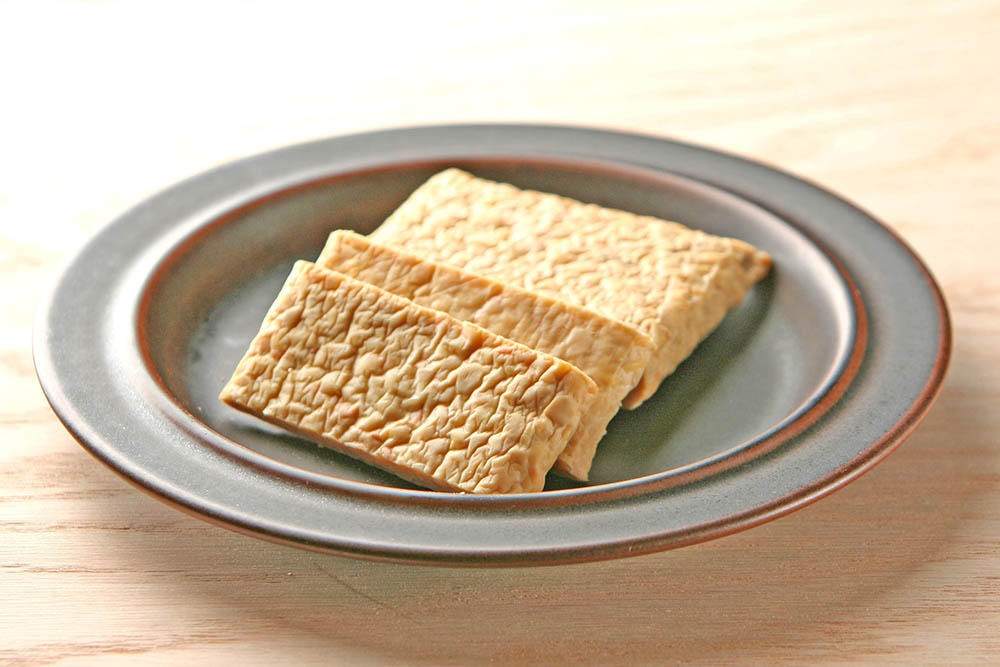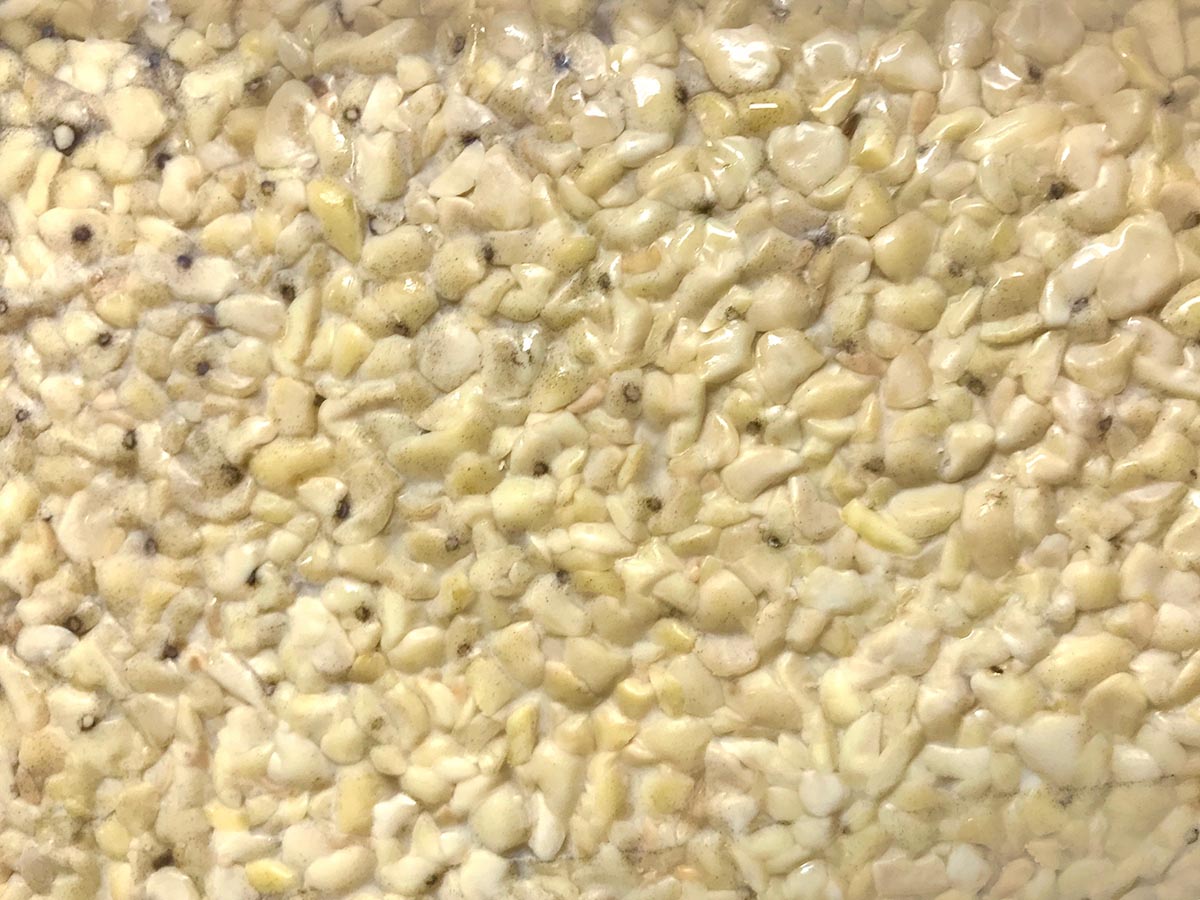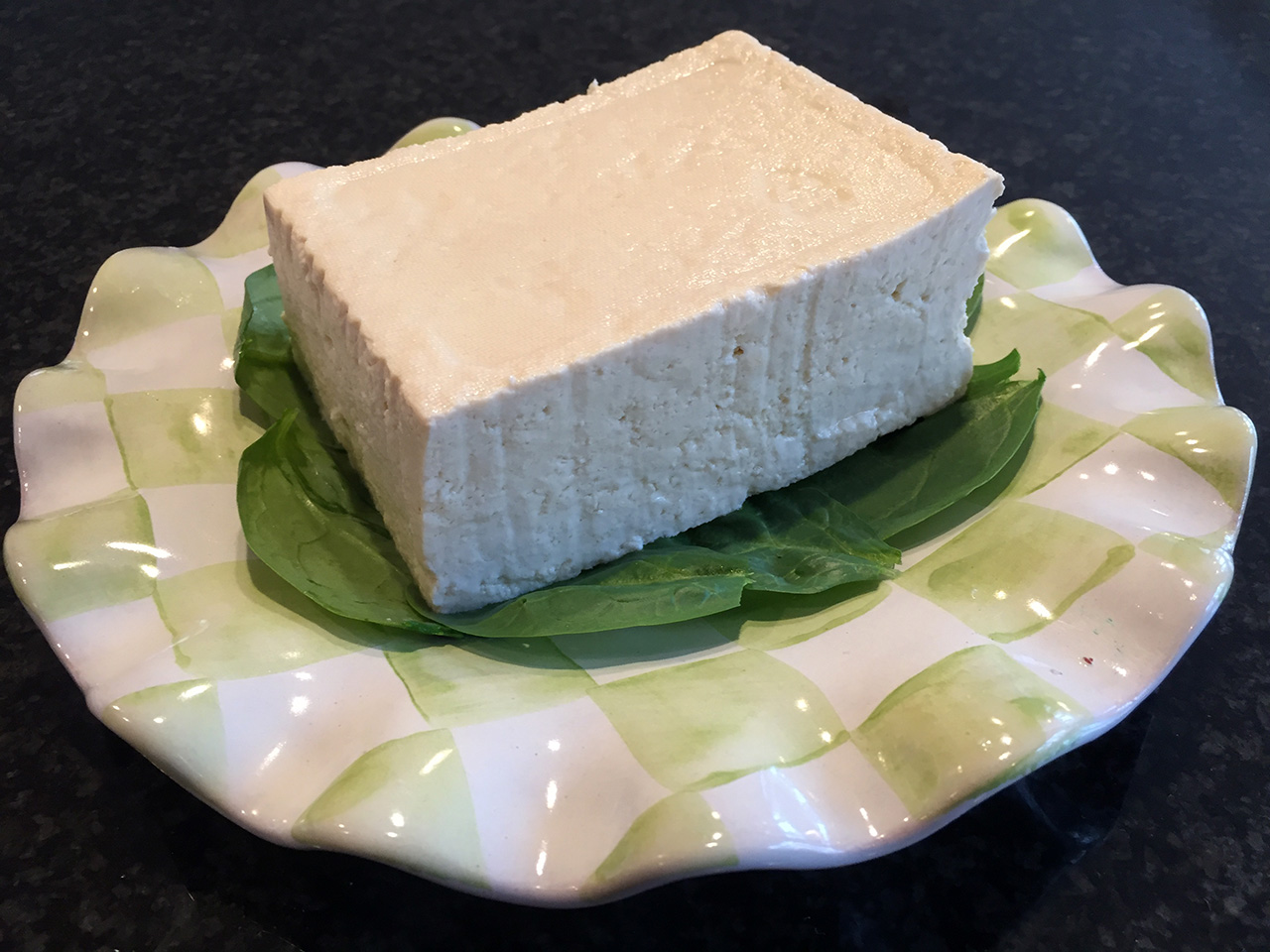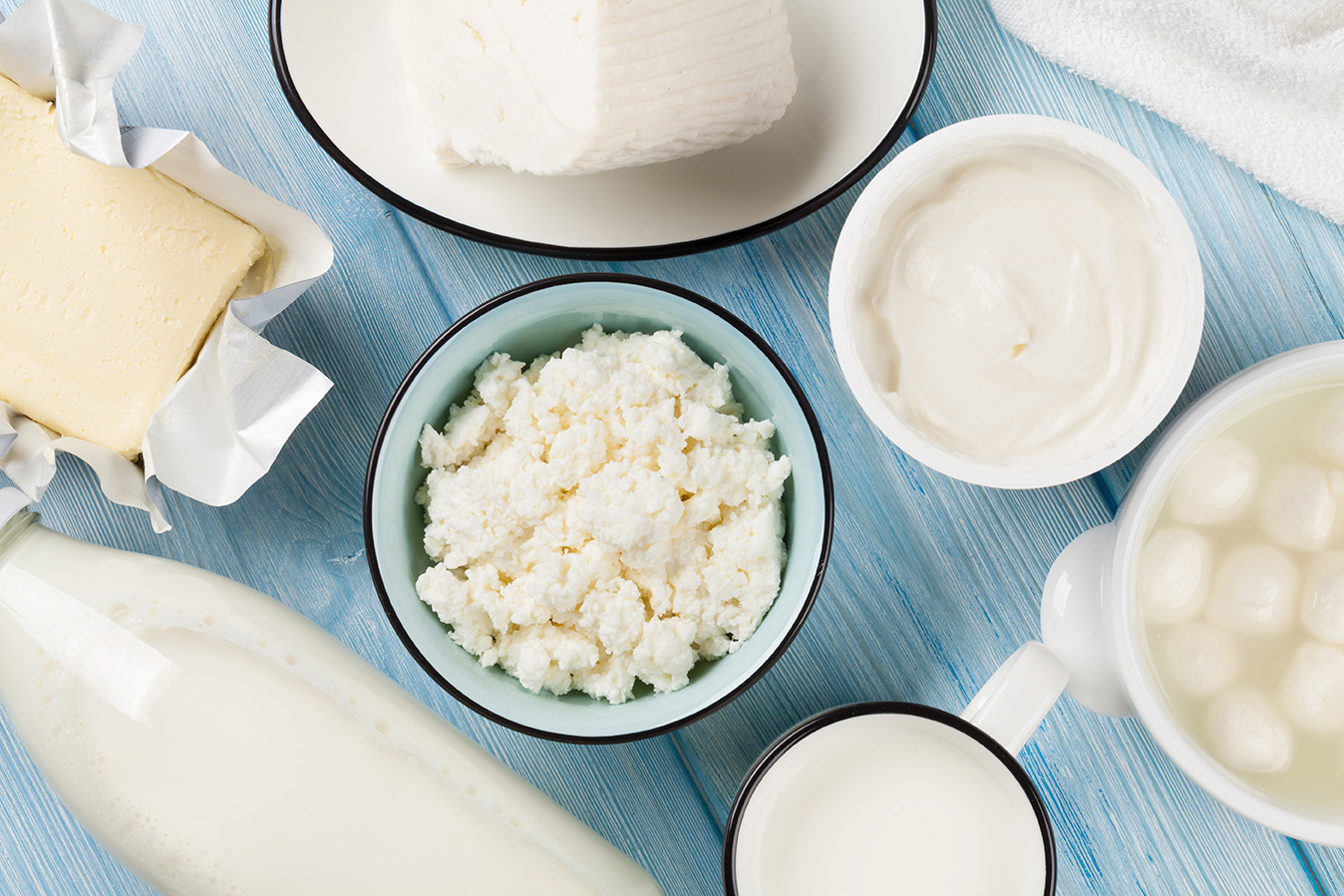Fermented Foods & Probiotics
Fermented foods are all the rage these days. From kombucha and kefir to pickles and kimchi, conscious eaters are making and buying probiotic foods in record numbers. This is a healthy trend, as fermented food consumers often add healthy microorganisms to their digestive systems. But not all fermented foods are the same. Where tempeh is concerned, it’s important to understand the difference between fermented foods and probiotic foods.
Probiotic foods, which may or may not be fermented, contain organisms known to be beneficial: they are said to improve digestion, boost immunity, promote a healthy weight, and more.
Fermented foods are simply foods that have been processed using microorganisms. These organisms can provide a change in the flavor or texture of the food they are in. Some of these microorganisms are helpful to your digestive system, so they are deliberately left in the fermented food (eg, yogurt with “live cultures”). Other organisms have no known nutritional benefit (such as the starter in sourdough bread), and to ensure safety they are normally cooked off (“pasteurized”) before the food is sold and consumed.
Tempeh Culture Has One Job
Here’s where tempeh comes in. Tempeh culture is an organism that, through the fermentation process, works its magic on soybeans to knit them together into an easily-digestible patty with rich, savory flavor. However, tempeh culture has no known beneficial effect on the human body. And the fermentation conditions that allow tempeh culture to grow may support the growth of harmful microorganisms that can cause illness if they are left in the product.
Pasteurized, Not Probiotic
Because of this potential, to ensure food safety, all tempeh should be pasteurized or cooked before it’s eaten (FYI, pasteurization and thorough cooking are pretty much the same thing). This is why tempeh, though fermented, should not be considered a probiotic food. But don’t worry! This plant-based food is low in fat yet high in protein, calcium, and other nutrients. Because it contains all the essential amino acids, it’s a complete source of vegetarian protein. An incredibly versatile food, it can be steamed, sautéed, baked, grilled, or eaten straight out of the package (so long as it’s been pasteurized, of course). Tons of benefits – just not the benefits you get from probiotic foods.
To summarize:
Many Reasons to Eat SoyBoy Organic Tempeh
- High Protein
- Low Fat
- Easily digestible
- Low Glycemic Load
- Certified Gluten-Free
- Kosher Certified
- USDA Organic
- Non-GMO
- No Cholesterol
- High in Fiber
- Affordable Meat Substitute
- Can be eaten right out of the package
Not a Reason to Eat Tempeh
- To Consume Probiotics
The Unpasteurized Exception
If you’ve done your research, you likely know that unpasteurized tempeh is available from various companies. You’ll probably find they fall into two categories:
The knowledgeable ones are careful to tell you to cook their tempeh before consuming it, and also to carefully wash and sanitize your knife, cutting board, prep counters, and hands after handling the raw tempeh. These extra precautions are similar to the way one avoids illness when handling raw hamburger, but they are completely unnecessary with properly pasteurized tempeh!
The ignorant suppliers of raw tempeh will tell you how their product is superior because it’s “fresh,” contains probiotics, extra B vitamins, etc. Ask these people to back up their claims with recent scientific papers that clarify what is currently known about tempeh. They won’t be able to do so because these claims have been made obsolete through continued research.
Bottom line is, tempeh that is cooked or pasteurized is extremely safe.
Raw tempeh can be harmful and has no nutritional benefit compared to cooked tempeh.
In Indonesia, the birthplace of tempeh, hundreds of years of experience have shown that tempeh should always be cooked or pasteurized before consumption.
Organic, Non-GMO Tempeh Made in the USA!
Here at SoyBoy, we’ve been striving for four decades to make ever-better foods that are genuinely healthy. For more than 25 years, we’ve pasteurized our tempeh so that it is completely safe to handle (and can be eaten right out of the package). Throughout our history, we’ve invested in innovative ways to ensure the safety and wellbeing of our team, our communities, and our customers. If you love tempeh (or tofu, or veggie bacon) and want the extra assurance of a product that’s not only pasteurized but also USDA Organic, Non-GMO Project verified, Kosher Certified, and certified gluten-free, then SoyBoy is the tempeh for you!

About
We began as a tiny enterprise to promote a vegetarian lifestyle. Now we’ve grown into an environmentally friendly company providing excellent employment for more than thirty people.
Links
Contact
345 Paul RoadRochester, NY 14624
Phone: 585-235-8970
Fax: 585-235-3753








